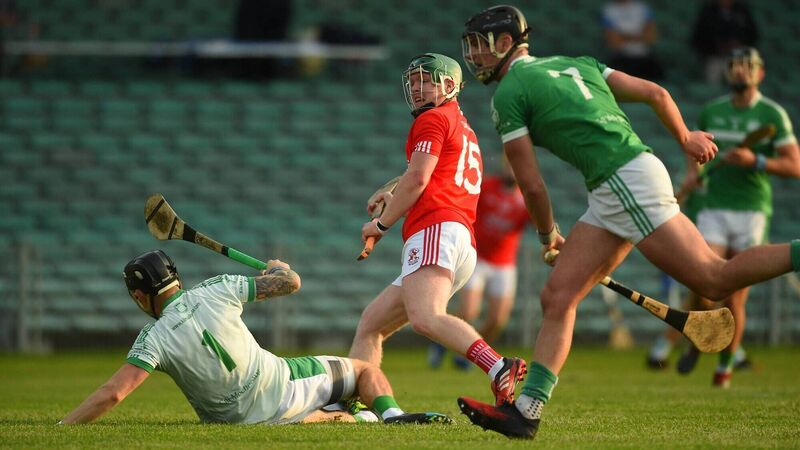Jack Anderson: 'This weekend, as with so many of the Diaspora, I will stream the county final'

Jack Ryan of Doon scores his side's second goal against Kilmallock in the Limerick SHC semi-final. Doon will need a repeat performance if they are to win a first ever county title. Picture: Diarmuid Greene/Sportsfile
- John Kennedy, Hawthorn coach, VFL Grand Final, 1975








